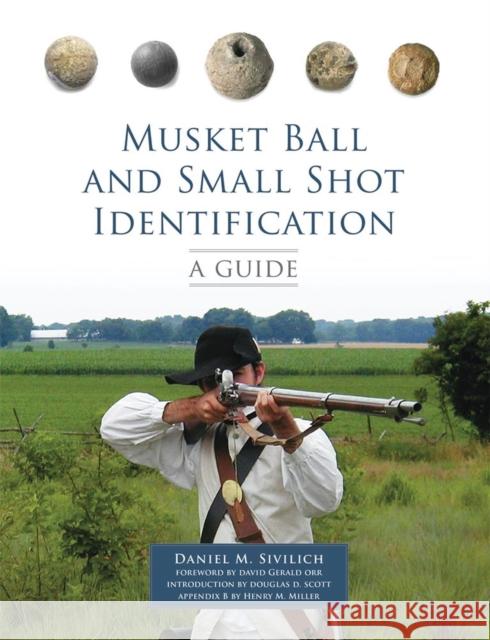Musket Ball and Small Shot Identification: A Guide » książka
Musket Ball and Small Shot Identification: A Guide
ISBN-13: 9780806151588 / Angielski / Miękka / 2016 / 232 str.
In the past, an excavated musket ball might simply have been catalogued as either a "spherical lead bullet" or an "impacted bullet." But each recovered ball, far from being a mere lump of lead, is a part of history and has a story to tell. With the help of new equipment and research techniques, and an increase in the number of discoveries, these narratives can finally contribute exacting detail to the historical record. Battlefield archaeologist Daniel M. Sivilich provides readers with the tools and techniques to unlock the stories of small shot in this book, the first definitive guide to identifying musket balls, from the oldest formed to those fired in the early nineteenth century.
Musket Ball and Small Shot Identification: A Guide traces the history of musket balls and small shot, and explores their uses as lethal projectiles and in nonlethal alterations. Sivilich asks--and answers--a variety of questions to demonstrate how a musket ball found in a military context can help to interpret the site: Was it fired? What did it hit? What type of gun is it associated with? Has it been chewed, and if so, by whom or what? Was it hammered into gaming pieces?
By equipping historians and archaeologists with the information necessary for answering these questions, Sivilich's accessible work opens new views into firing lines, casualty areas, and military camps. It dispels long-held misperceptions about lead shot having been bitten by humans, offers examples of shot altered to improve lethality, and discusses balls made of materials other than lead, such as pewter.
Coupling detailed analysis with more than 300 color and black-and-white illustrations for comparison and identification, this guide will prove indispensable to historians, battlefield archeologists, and collectors. It is a critical resource for understanding the full story of firepower.











